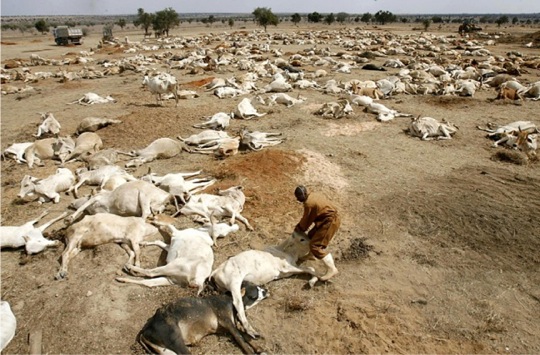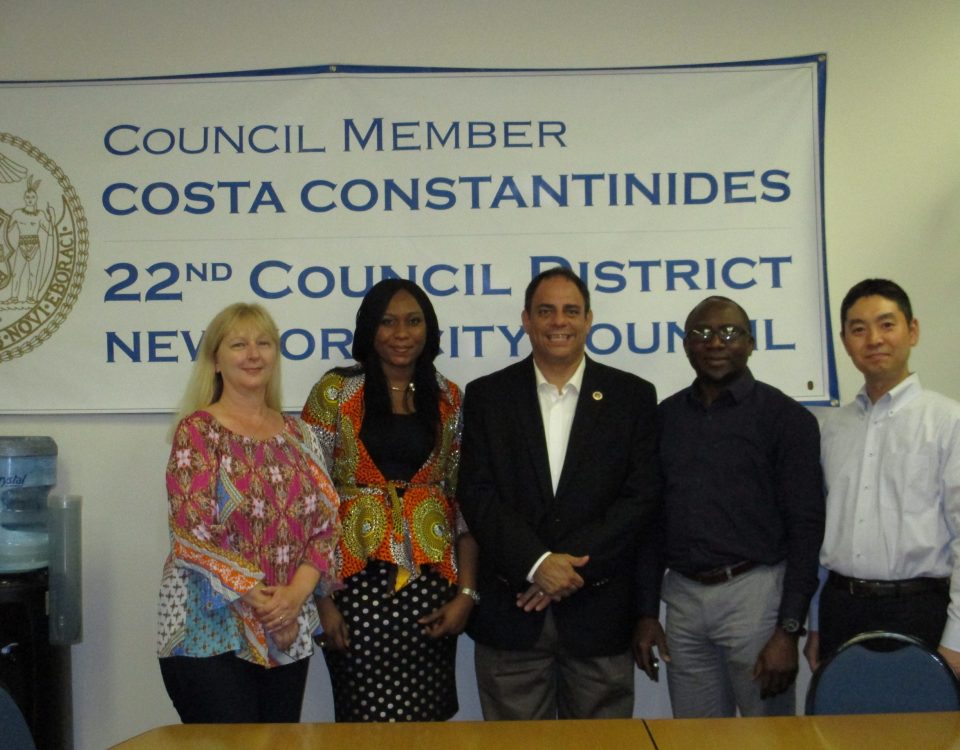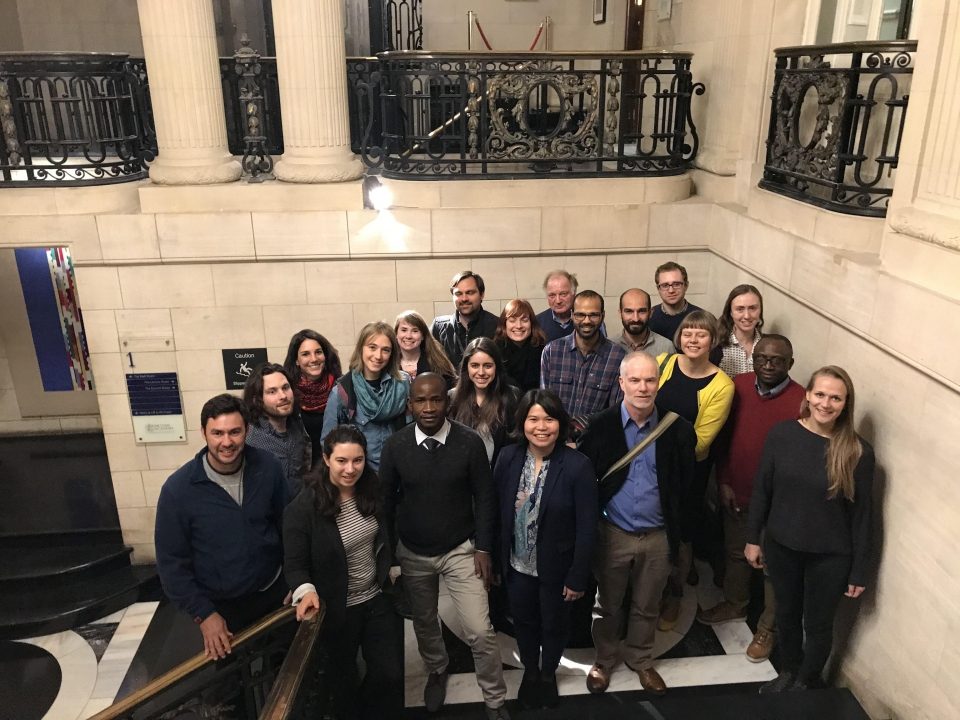
Heat stress: A sustainable health risk.
November 23, 2017
Impacts of China’s Ban on Solid Wastes Imports
January 14, 2018
.
COP23: Climate Diplomacy and our Collective Security

The COP23 is a follow-up to the 2015 Paris Climate Conference (COP21), which sets out a global agenda to put the world on track to avoid catastrophic impacts of extreme weather conditions by limiting global warming. Among these weather conditions caused by climate change are sea level rise, extreme heat events and droughts, Hurricanes, Tornados and strong Typhoons. Studies by most climate scientists show that these weather conditions will not only continue, but will get worse.
COP23 sets guidelines on how to implement the Paris Agreement. It must be highlighted that the Paris climate agreement aim is to limit warming to 1.5 to 2 degrees Celsius above the pre-industrial levels. Parties to the Paris climate agreement also agreed to a long-term goal of adaptation. This means to increase the capability of countries, especially those in the global south, to adapt to the adverse impacts of the climate change and enhance climate resilience and low greenhouse gas emissions in ways that do not threaten food production. The agreement also created strategies for creating stream of funds to finance the reduction of greenhouse gas emissions and climate resilient development, especially in the developing countries of the world.
The Bonn gathering was a clear demonstration that climate diplomacy is well and alive. It also demonstrated an emerging multilateral leadership on global climate change negotiations in the absence of the U.S. As much as the rest of the world expects the U.S under President Trump to reconsider its stance on climate change, countries are resolved to forge ahead in the implementation of the Paris agreement without America.
Apart from being a time for negotiations, COP23 was a time for taking stock of recent development and events. It was a time for planning and negotiation for future actions. The Bonn gathering was also used to showcase some recent innovations and technological inventions that can be used to address the impacts of climate change and global warming in different parts of the world.





